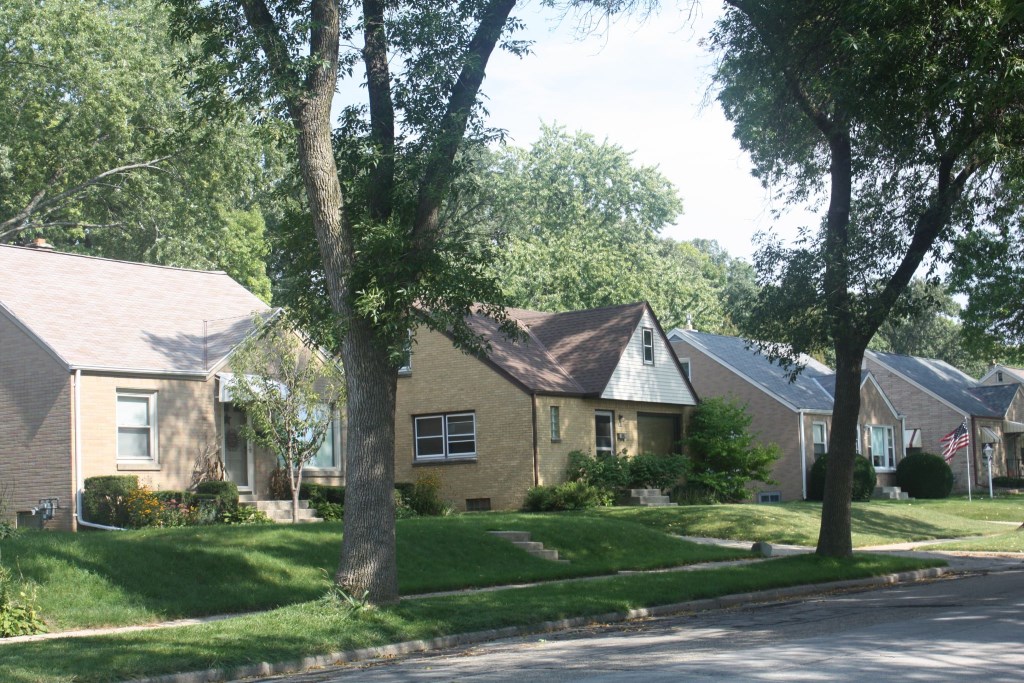Home Heating Bills Could Rise By 17%
We Energies says typical customer could pay $25 more per month. Low-income payers hit hardest.
Wisconsin residents will likely pay hundreds more to heat their home this winter, a trend that has increased for the second year in a row. It’s likely to impact low-income families across the state and nation, leading to an increased demand for energy assistance programs.
Homeowners and renters nationwide are expected to see a 17.2 percent increase in their heat bill this winter compared to last, according to an estimate from the National Energy Assistance Directors Association, or NEADA. A September report from that association found a 35 percent increase in estimated winter heating costs from the 2020-2021 winter heating season to the 2022-2023 season.
A spokesperson for WEC Energy Group, which serves more than 4.6 million customers across the Midwest, said the typical Wisconsin customer will likely pay around $20 to $30 more per month this winter season.
“We recognize our responsibility to serve customers by working to keep bills as low as possible,” a WEC spokesperson said in an email. “We use a multi-pronged approach to limit the impact of sudden price changes and deliver reliable energy all year long. The price we pay for gas is the same price customers pay — there is no markup.”
But the NEADA report found the total cost of home heating would increase from $127.9 billion to an estimated $149.9 billion this winter season.
“The additional costs will fall hardest on lower income households,” the report said.
It’s an important issue for state Rep. Shelia Stubbs, D-Madison. She knows many Wisconsin residents are already dealing with rising inflation, impacting gas and grocery prices.
“Thirty-dollars is a lot for a household,” Stubbs said about the increase.
“There may be some families that can afford the increase, but there are many families … that just cannot accept that inflation,” Stubbs added.
Some state and local programs help residents pay their energy bill, including Wisconsin Home Energy Assistance Program, an income-based program that helps eligible households with their heating and electric bills. The program offers assistance to households that make less than 60 percent of the median state income.
The Keep Wisconsin Warm/Cool Fund is another statewide nonprofit that assists high-risk, elderly and/or low-income residents.
In Milwaukee County, the Energy Assistance Program provides qualified homeowners with an annual payment toward their heating and electric bills.
Diane Zettelmeier is the acting program manager for Milwaukee County Energy Assistance. She said the income-based program usually helps 50,000 to 60,000 Milwaukee County residents each year.
She expects that number to increase this year.
“It actually has a very high income limit so a lot of working families really count on energy assistance to help them with those higher bills,” Zettelmeier said.
The program also saw an increase in demand at the beginning of the COVID-19 pandemic.
“I know this is a difficult time for people, so we just want to reach out so people know that we’re here,” she said. “I expect a lot of people that haven’t applied for this program before might be reaching out to us.”
Homeowners do have options to make their home more energy efficient. Saidirick Walker, project manager for Green Homeowners United, said homeowners could get an energy assessment. Speaking during a Citizens Utility Board of Wisconsin panel, Walker also encouraged residents to get new windows and to insulate their attics and basements.
“That’s like putting socks on your home,” Walker said.
Wisconsin home heating costs likely to increase 17 percent this winter, report finds was originally published by Wisconsin Public Radio.





















